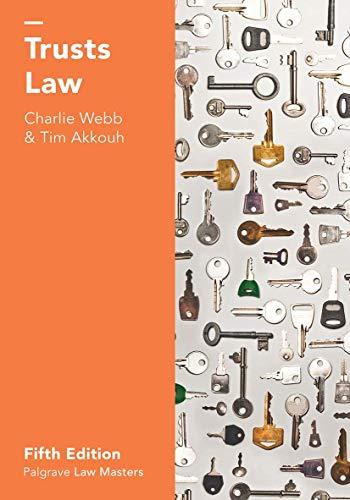Question
The parties' marriage was dissolved on August 27, 2010. The parties had an agreement that the court incorporated into its judgment of dissolution. On February
The parties' marriage was dissolved on August 27, 2010. The parties had an agreement that the court incorporated into its judgment of dissolution. On February 11, 2015, Defendant filed a Motion to Open the Judgement, alleging that he was subjected to continuous threatening and harassing behavior by Plaintiff, which resulted in his concession to the terms of the Separation Agreement that was incorporated by reference in the Judgement. Defendant claimed that he had suffered from Attention Deficient Hyperactivity Disorder (ADHD) for years and therefore is more susceptible to manipulation, coercion, and duress than is the average reasonable person.
The defendant had been diagnosed with ADHD by a therapist who had initially seen him for about six months in 2012. Having not seen the therapist in 2013 and 2014, Defendant returned to the therapist in January 2015 with questions regarding the effect of ADHD on his divorce. The therapist did not know Defendant in 2010. However, he said that an adult such as Defendant with the Defendant's diagnosis and symptoms was more susceptible to manipulation and coercion than would someone without ADHD. He based his opinion about the impact of ADHD on Defendant's ability to withstand manipulation and coercion and on Defendant's relating to him that "he just wanted it off of his plate" because he could not deal with the stress.
Defendant provided examples of the stress he underwent around the time of the divorce. Approximately one year prior to the filing of the complaint, Plaintiff was diagnosed with a life-threatening illness. Three months later, the parties separated when Plaintiff told Defendant that she needed time for herself. An action for legal separation was commenced by Plaintiff in August 2009. Plaintiff had engaged an attorney, after which she presented Defendant with a proposal for settlement. Plaintiff suggested to Defendant that he did not need an attorney and that the parties could go to a mediator or use her attorney. On advice from a friend, Defendant engaged an attorney. His attorney strongly advised against agreeing to Plaintiff's proposal. Based on these facts, do you believe the court reopened the agreement on the grounds of duress? Why or why not?
Step by Step Solution
There are 3 Steps involved in it
Step: 1

Get Instant Access to Expert-Tailored Solutions
See step-by-step solutions with expert insights and AI powered tools for academic success
Step: 2

Step: 3

Ace Your Homework with AI
Get the answers you need in no time with our AI-driven, step-by-step assistance
Get Started


